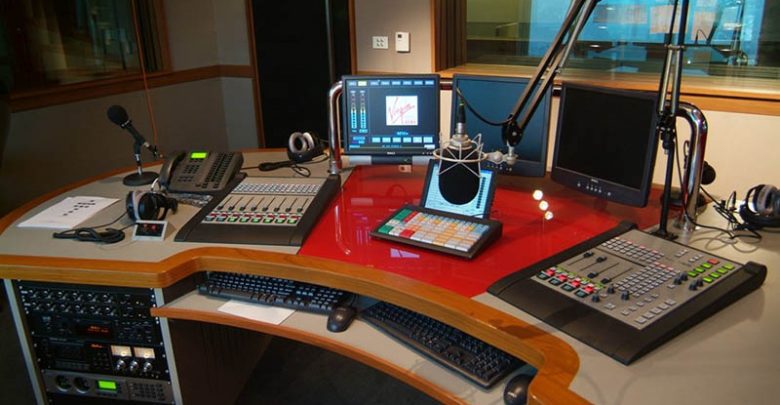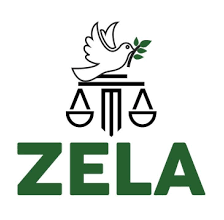BAZ urged to lower licence fees for community radio stations

The Portfolio Committee on Information, Media and Broadcasting Services has made a recommendation to the Broadcasting Authority of Zimbabwe (BAZ) to lower fees for community radio licenses and ease the financial burden for applicants by October 2022.
This was after the committee went on a benchmarking visit to Kenya last year to take notes regarding the legislation and operationalisation of community radio stations.
BAZ recently licensed 14 community radio stations, which are yet to be fully operational.
According to the media portfolio committee, in Kenya, Free-to-Air Community Radio Stations are licensed for a period of 10 years and they pay an application fee of US$9, an initial license fee of US$132 and an annual operation fee of US$132.
“They also have free-to-air community televisions which pay an application, initial license and annual operation fees of US$9 and US$263 respectively,” said Sipho Mokone, Chairperson of the committee while presenting their findings before Parliament on Tuesday.
“The delegation was informed that they benchmarked the fees with other countries and their fees were very low and affordable to the licensee as they were paid on an annual basis.”
In Zimbabwe, community radio stations pay an application fee of US$321, a basic license fee of US$646 per annum and a monthly frequency fee of US$26 per month.
Mokone said the committee noted with great concern that the license fees for community Radio Stations in Zimbabwe are very exorbitant as compared to those paid in Kenya.
“This was evidenced by late payment of application fees by the licensees within the initial deadline given by BAZ,” he said.
The committee noted out of 186 FM radio stations, Kenya has 42 community radio stations.
“With a population of about 47 million in Kenya, radio is regarded very highly for both urban and rural populations, with 95 percent of rural and 94 percent of urban respondents having access in the home,” Mokone said.
In Zimbabwe, licensing and operationalisation of community radio stations is provided for in the Broadcasting Services Act (Chapter 12:06) which is yet to be amended and the Statutory Instrument 39 of 2020.
The Statutory Instrument provides factors to be considered when granting licenses for community radio stations and these are similar to that in Kenya except that in Zimbabwe, community radio stations are required to provide source and proof of funding of the broadcasting Services.
On the same breadth, Mokone suggested the Ministry of Information, Publicity and Broadcasting Services must review the Broadcasting Services Act in order to include a provision that outlines the legal parameters for the source of funding for community radio stations by December 2022.
“The delegation learnt that in a majority of cases, the funding for community radio stations in Kenya came from outside sources in the forms of grants and donations, as opposed to membership fees contributed by the community,” Mokone said.
In Zimbabwe, only foreign donations and contributions are prohibited and any funding model is permissible.
“In most cases, funding comes from the community through membership fees and donations. However, the regulations permit community radio licensees to come up with sponsored programmes for the sustenance of the Radio Station,” said Mokone.
Nevertheless, the delegation noted that funding of Kenyan community radio stations through grants and foreign donations has some negative impact on their operation.
Mokone said the delegation noted the legal definition of community in the Kenyan broadcast legislation is flexible and allows for various groups of people to apply for a community media license as long as they could demonstrate shared interests.
“BAZ’s current definition of a community was determined solely by geography, yet within a specific geography there are multiple communities with different interests,” he said.
Other recommendations made by the media committee are that BAZ should consider the community of interests of the persons applying for the licence when licensing community radio stations by October 2022 and that the media ministry should establish a Media Council that will provide a code of conduct for community radio journalists to deal with issues of biased reporting by Community Radio Stations by December 2022.
“BAZ should provide a platform of online application for Community Broadcasting licensing by November 2022,” Mokone said, noting that they observed that setting up community radios were made easier by the fact that Kenya was fully digitised.
“Through the Broadcasting Fund, the Ministry of Information, Publicity and Broadcasting Services should provide financial and technical support to community radio stations by September 2022.”
Mokone said BAZ should put in place effective mechanisms to monitor community radio stations and make sure funds generated from the operations are reinvested in activities benefiting the community by November 2022;
“Additionally, the Ministry should come up with laws that will discourage interference on ownership and programming by these organisations by December 2022 and the Ministry of Information, Publicity and Broadcasting Services should come up with laws that discourage broadcasting of hate speech by December 2022,” he said.





